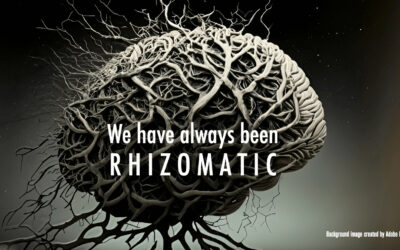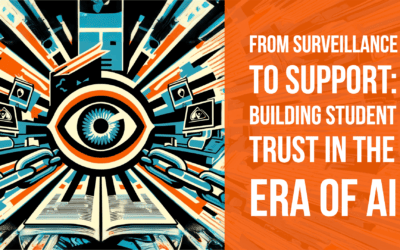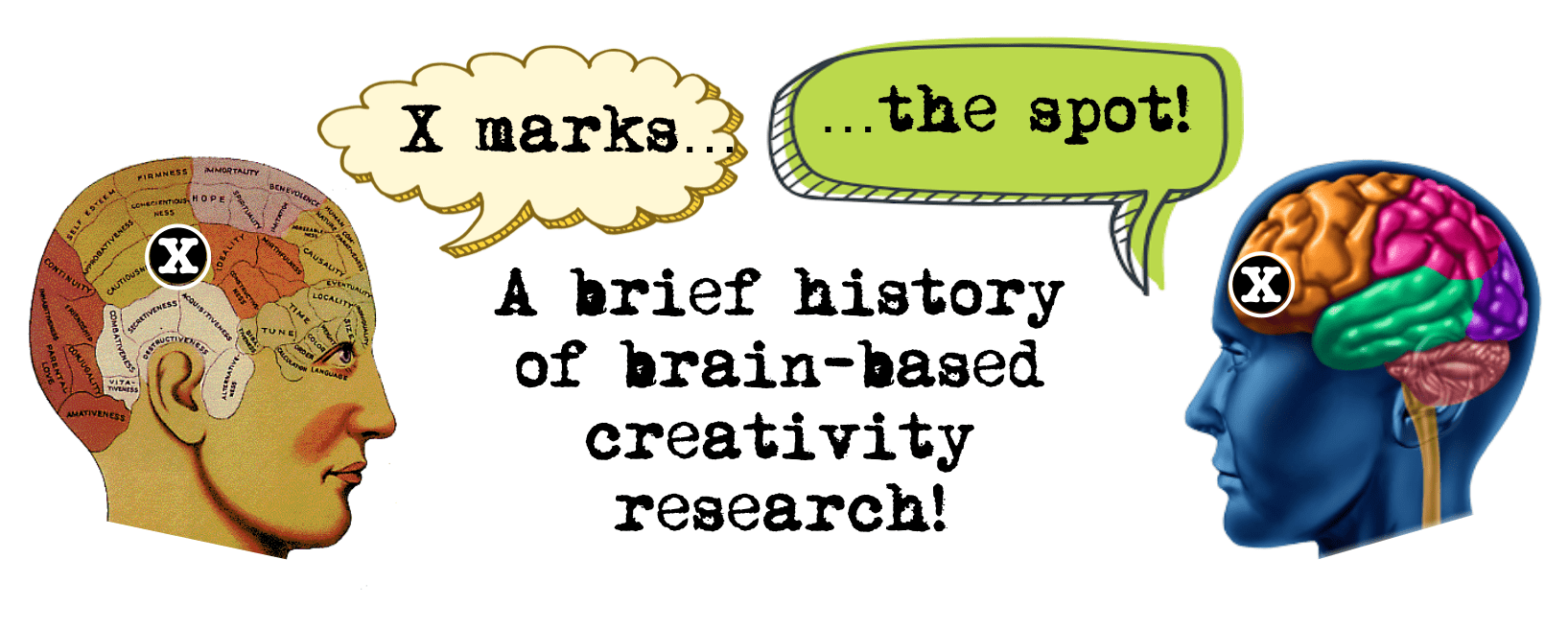Note: Image above created using Adobe Firefly, Photoshop and composed in Keynote.
A few years ago, I had the pleasure of connecting with author Dr. Phoebe Wagner through the Center for Science and the Imagination at Arizona State University. We discussed her compelling solar-punk fiction piece “University, Speaking” during an engaging webinar, as part of their Us in Flux series.
Recently, I had the opportunity to revisit Phoebe’s imaginative narrative in a unique academic collaboration. In a new paper, Nicole Oster and I, took a somewhat unconventional approach towards an academic paper, centering Phoebe’s story as a springboard for envisioning hopeful university futures. We ended the piece with a response written by Phoebe where she described her motivations in writing the story, and more importantly, concluded with an urgent call to action.
In her story, Phoebe does not hesitate to tackle large themes, from environmental crises to the need to dismantle boundaries (both literal and metaphorical) and in the process making an argument for the centering of community voices, and cultivating resilience if the university is to have a future. Nicole and I, in response, unpacked these themes, bridging Phoebe’s creative vision with scholarly perspectives on amplifying collective voice, prioritizing community-based knowledge systems, and intentionally nurturing adaptability amid uncertainty.
Placing a piece of imaginative fiction at the center of an academic paper was not something I had ever done before. A huge shout out to the journal, the editors (specially George Veletsianos) for giving us this opportunity. A special thanks to reviewer #1 for their thoughtful but tough feedback. The paper is much improved as a result. (The less said about reviewer #2 the better.) Finally, thanks also to Phoebe and Nicole for being partners in this ride together. This paper would not exist without Phoebe’s story and I had pulled it Nicole into this project even before she had started grad school and she did a great job on her first academic assignment.
We see this paper as a model for other innovative, boundary-crossing approaches to envisioning the future of higher education – one simultaneously grounded in research yet unafraid to explore new creative possibilities.
Citation and abstract below
Mishra, P., Oster, N., & Wagner, P. (2024). Who speaks for the university? Social fiction as a lens for reimagining higher education futures. International Journal of Educational Technology in Higher Education. https://doi.org/10.1186/s41239-024-00460-7
Abstract: This paper combines social fiction and academic analysis to envision hopeful futures for higher education. At the heart of the exploration is Phoebe Wagner’s speculative fiction piece, University, Speaking, which personifies a university grappling with environmental, political, and social change. Phoebe Wagner’s first-person narrative highlights the power of collective voice, the importance of centering community, and the urgent need to cultivate resilience and adaptability. Through analysis of key themes, this paper connects Phoebe Wagner’s fictional vision to contemporary research on the multi-faceted and complex challenges facing universities today. By integrating artistic and academic perspectives, this paper discusses new possibilities for universities navigating disruption and change.





0 Comments